Do Rogue Nicotine Pouches Contain Formaldehyde? A Strategic Analysis of Nicotine Products and Manufacturing Partners
In an increasingly competitive nicotine pouch market, brands like Rogue, Zyn, and Velo have emerged as frontrunners in offering smoke-free, discreet nicotine alternatives. Yet amid rising adoption, corporate buyers and health-conscious consumers alike are demanding greater transparency regarding ingredients and manufacturing practices—particularly when it comes to potentially harmful substances like formaldehyde.
This report addresses a frequently asked question—do Rogue nicotine pouches contain formaldehyde?—while expanding the scope to include a comparative overview of top brands, their production methodologies, and the strategic role of OEM and white-label partnerships in building a differentiated nicotine product portfolio.
Understanding Rogue and Its Industry Context
Nicotine pouches represent a fast-growing sector within the nicotine product industry, offering users a convenient, tobacco-free option without the combustion risks associated with smoking or vaping. Among them, Rogue nicotine pouches have gained popularity for their bold flavors and availability. But scrutiny around product safety—especially concerning chemicals like formaldehyde—has prompted deeper evaluation.
Are Rogue Pouches Free from Formaldehyde?
Rogue does not publicly disclose the full composition of its pouch ingredients, a common practice in a proprietary-focused market. However, there is no publicly available evidence suggesting that Rogue products contain formaldehyde. They are marketed as tobacco-free and use synthetic nicotine, which, when manufactured under regulated conditions, should not include formaldehyde as an additive or byproduct. Still, the absence of full transparency may pose a challenge for buyers seeking compliance assurance and ingredient clarity.
Brand Comparison: Rogue, Zyn, Velo, and Others
Zyn: Benchmark for Quality and Disclosure
Produced by Swedish Match, Zyn leads the industry in quality assurance and ingredient transparency. Zyn nicotine pouches are FDA-compliant and do not contain tobacco or formaldehyde. Their manufacturing facilities operate under some of the world’s strictest safety protocols, giving Zyn a reputation for reliability and regulatory alignment.
Velo: Popular but Less Transparent
Owned by British American Tobacco (BAT), Velo offers a wide range of flavors and nicotine strengths. Like Rogue, Velo utilizes synthetic nicotine, but does not disclose detailed chemical composition data. While the brand adheres to general safety regulations, lack of full ingredient reporting may limit its appeal for OEM buyers focused on clean-label products.
ON!, Lyft, and Emerging Brands
Smaller brands such as ON! and Lyft focus on niche markets and often highlight their minimal, clean formulations. These companies may offer more flexibility and transparency in private label or B2B partnerships, making them attractive for buyers prioritizing ingredient safety and customization.
Manufacturing Practices: Who’s Behind the Pouch?
Understanding who manufactures a nicotine pouch brand is essential for assessing quality, scalability, and regulatory alignment. Below are key players in the global nicotine manufacturing landscape:
Swedish Match: Pioneer in Safety and Innovation
As the producer of Zyn, Swedish Match operates under rigorous European Union standards and maintains detailed internal controls over ingredient sourcing, manufacturing, and final product testing. Their facilities are ideal models of safety-first nicotine production.
British American Tobacco: Scaled But Proprietary
BAT’s facilities, responsible for Velo and other nicotine innovations, are robust and diversified. However, proprietary production formulas and limited transparency around chemical profiles may raise concerns for buyers seeking full control over end-to-end compliance.
Raw Material Suppliers and Nicotine Factories
Behind every pouch lies a network of nicotine wholesalers, liquid nicotine processors, and formulation labs. High-grade raw material sourcing—from vendors like Snuff Factory—is essential for maintaining product integrity. These partners enable brands to develop compliant, scalable, and customizable solutions for diverse markets.
White-Label Opportunities: A Faster Path to Market
What Is White-Label Manufacturing?
White labeling allows businesses to rebrand and market pre-developed nicotine products, enabling faster entry into competitive markets without heavy R&D investments. It’s an increasingly popular model among wholesalers, distributors, and startups.
Key Advantages
-
Lower Operational Costs: No need to build proprietary manufacturing facilities.
-
Rapid Deployment: Products can be branded and launched in weeks.
-
Flexible Customization: Leading providers, such as Echi, offer tailored formulations, pouch sizes, and nicotine strengths.
Echi’s white-label services stand out for their focus on ingredient integrity—delivering formaldehyde-free, consumer-safe pouches with scalable volume options. For businesses aiming to build premium, health-conscious nicotine brands, Echi provides both the infrastructure and innovation to compete at scale.
Learn more about custom manufacturing at Snuff Factory.
Customization as a Competitive Advantage
Launching a proprietary nicotine pouch product hinges on strategic customization—of formulation, flavor profile, and packaging.
Choosing the Right OEM Partner
To ensure product differentiation and regulatory compliance, buyers should consider:
-
Ingredient Transparency: Does the manufacturer publish chemical safety data and eliminate contaminants like formaldehyde?
-
Production Experience: Is there proven capability in synthetic nicotine formulation and pouch technology?
-
Customization Scope: Can they adapt pouch formats, flavor intensities, and branding to align with market trends?
Why Partner with Echi?
As an OEM and white-label specialist, Echi offers:
-
Clean, compliant formulations backed by rigorous testing.
-
Full-spectrum customization from pouch size to packaging.
-
Scalable production to support growing B2B demand.
With Echi, corporate buyers gain not just a manufacturer but a strategic development partner. Explore our capabilities at Snuff Factory.
Conclusion: Ensuring Safe and Scalable Nicotine Product Development
While there is no direct evidence that Rogue nicotine pouches contain formaldehyde, their lack of detailed ingredient disclosure can pose risks for B2B buyers focused on safety, compliance, and brand integrity. In contrast, brands like Zyn set industry standards for transparency, while providers like Echi open the door for innovation through clean, customized formulations.
Actionable Recommendations for Buyers
-
Request full ingredient and chemical safety reports from your brand or OEM partner.
-
Avoid suppliers that refuse transparency on synthetic nicotine preparation or potential byproducts.
-
Partner with a reputable manufacturer like Echi for compliant, scalable, and differentiated nicotine pouch production.
Ready to launch your own nicotine pouch line or white-label solution? Get started with Snuff Factory.
Related Searches for B2B Buyers
-
Nicotine pouch manufacturer
-
Formaldehyde-free nicotine products
-
White-label nicotine solutions
-
Nicotine preparation method
-
Liquid nicotine wholesale
-
Custom pouch formulation
Visit Snuff Factory for OEM services, raw material sourcing, and product development support.

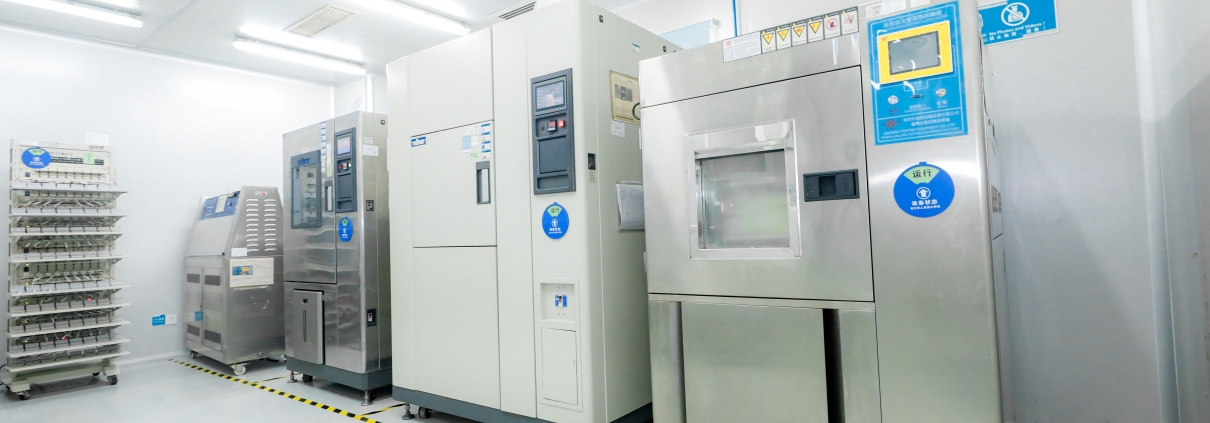
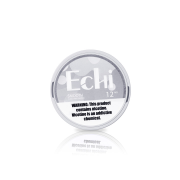
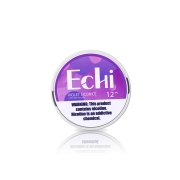
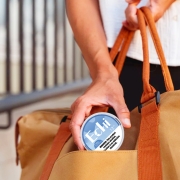
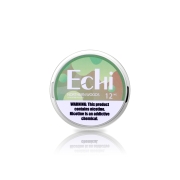




Leave a Reply
Want to join the discussion?Feel free to contribute!